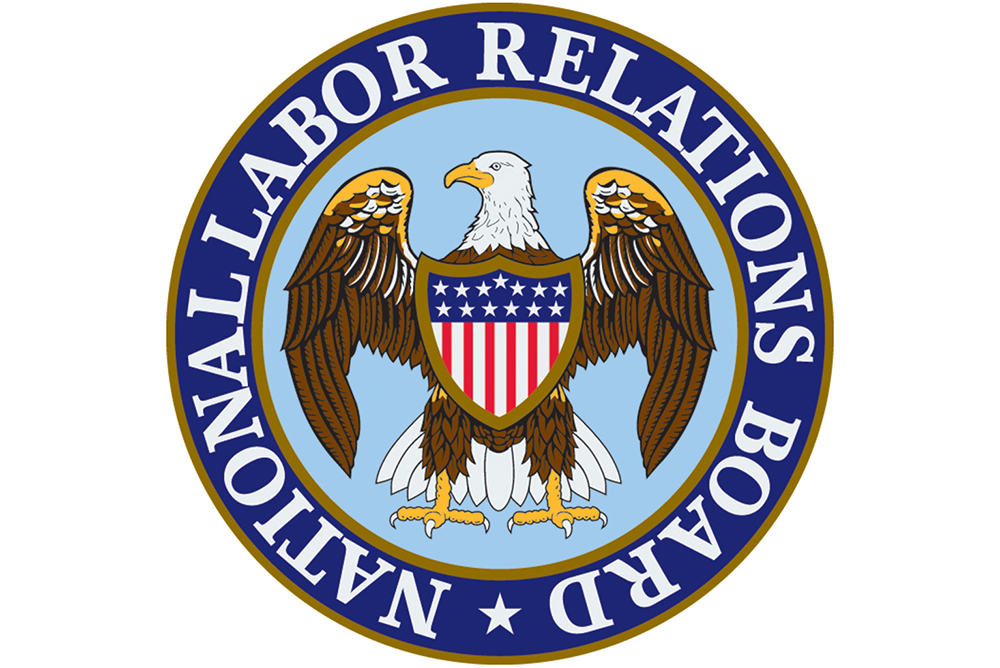President Joe Biden’s nomination of Gwynne A. Wilcox for the vacant seat on the National Labor Relations Board (NLRB) will add a second Democrat to the Board provided the New York attorney who represents union interests is confirmed by the Senate. Even if confirmed, though, the Board will continue to have a Republican majority for at least a few more months.
On May 26, Biden nominated Wilcox, a partner at Levy Ratner in Manhattan, to fill the Board’s vacant seat. If confirmed by the Senate, she will join Democrat Lauren M. McFerran, Board chair, and Republicans William J. Emanuel, Marvin E. Kaplan, and John F. Ring.
Emanuel’s term ends on August 27, and Biden is expected to nominate another Democrat to replace him. That would give Democrats a 3-2 majority, but Republicans will retain their majority until another Democrat can be confirmed, possibly by late fall.
No Earth-Shattering Change Right Away
Wilcox is well-known within the labor-management bar and is “very well regarded by both management-side and labor-side practitioners,” according to Brian Garrison, a management-side attorney with Faegre Drinker in Indianapolis, Indiana. She is “prounion but practical in her approach,” he says.
Garrison expects Wilcox to be confirmed. If that happens, he expects her to promote collective bargaining and workers’ rights but anticipates no “earth-shattering changes” coming from the Board right away.
Although McFerran, as chair, can control the NLRB’s agenda somewhat, Garrison expects the Republican majority to continue issuing decisions that consistently apply standards set during the Trump administration. After the majority flips to Democrats, however, he predicts “a sea change in the type of decisions” coming from the Board.
‘Reliable Prolabor Vote’
Charles H. Kaplan, an attorney with Hodgson Russ LLP in New York City, says he has known Wilcox for decades, and if confirmed she will be “a reliable prolabor vote.” When the Democrats gain a majority on the five-member NLRB, he expects it to “move vigorously to assert a prounion agenda that overturns key Board decisions by the current Republican majority that former President Trump appointed.”
Kaplan points out that in addition to being a senior partner at the union-side Levy Ratner firm, she is associate general counsel for Local 1199 of the Service Employees International Union (SEIU), which represents hospital and other healthcare workers in New York City and its suburbs. He says Local 1199 “has substantial political clout in the Democratic Party” and is the SEIU’s largest local union.
Kaplan also notes that if confirmed, Wilcox will be the first African-American woman to serve as a member of the NLRB. He expects her to face opposition from many Republican senators but likely narrowly win Senate confirmation.
Expected to Push PRO Act Principles
Steven Gutierrez, an attorney with Holland & Hart LLP in Denver, Colorado, also says Wilcox will bring a prounion perspective to the NLRB if she is confirmed. “She’ll want to reward the unions that supported the president in his campaign and election.”
Gutierrez also says, if confirmed, Wilcox will be involved in pushing the principles outlined in the Protecting the Right to Organize (PRO) Act, which was passed by the House in March but faces a tough battle in the evenly divided Senate. The bill contains measures aimed at making unionizing easier.
Gutierrez expects Wilcox, as part of an eventual Democratic Board majority, will “hit hard on an employer’s ability to mount antiunion organizing campaigns and then seek to weaken right-to-work laws.”
John M. Husband, also an attorney with Holland & Hart LLP in Denver, says he knows Wilcox as a fellow of the College of Labor and Employment Lawyers. “She has good qualifications and is professional in her dealings,” he says. “I am sure she will push the PRO Act and the union agenda at the NLRB. But this is to be expected as it has been the history at the Board.”
Tammy Binford writes and edits news alerts and newsletter articles on labor and employment law topics for BLR web and print publications.

